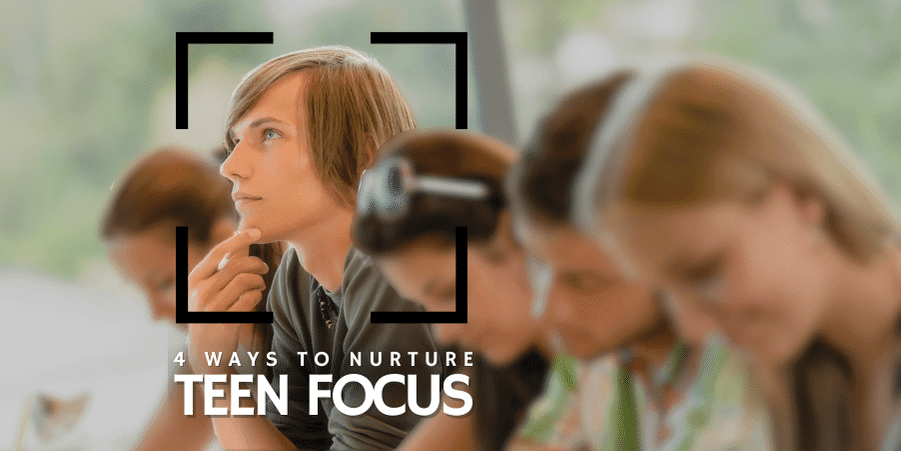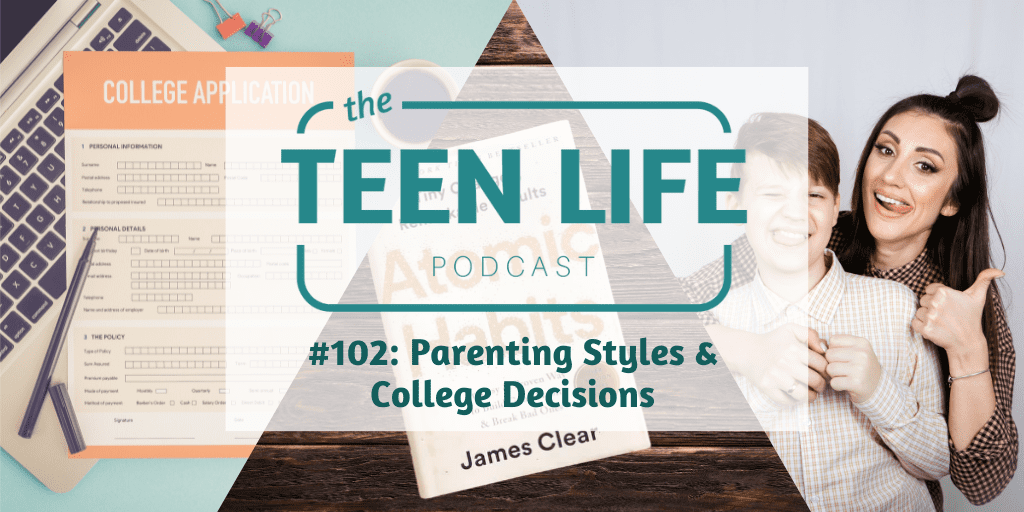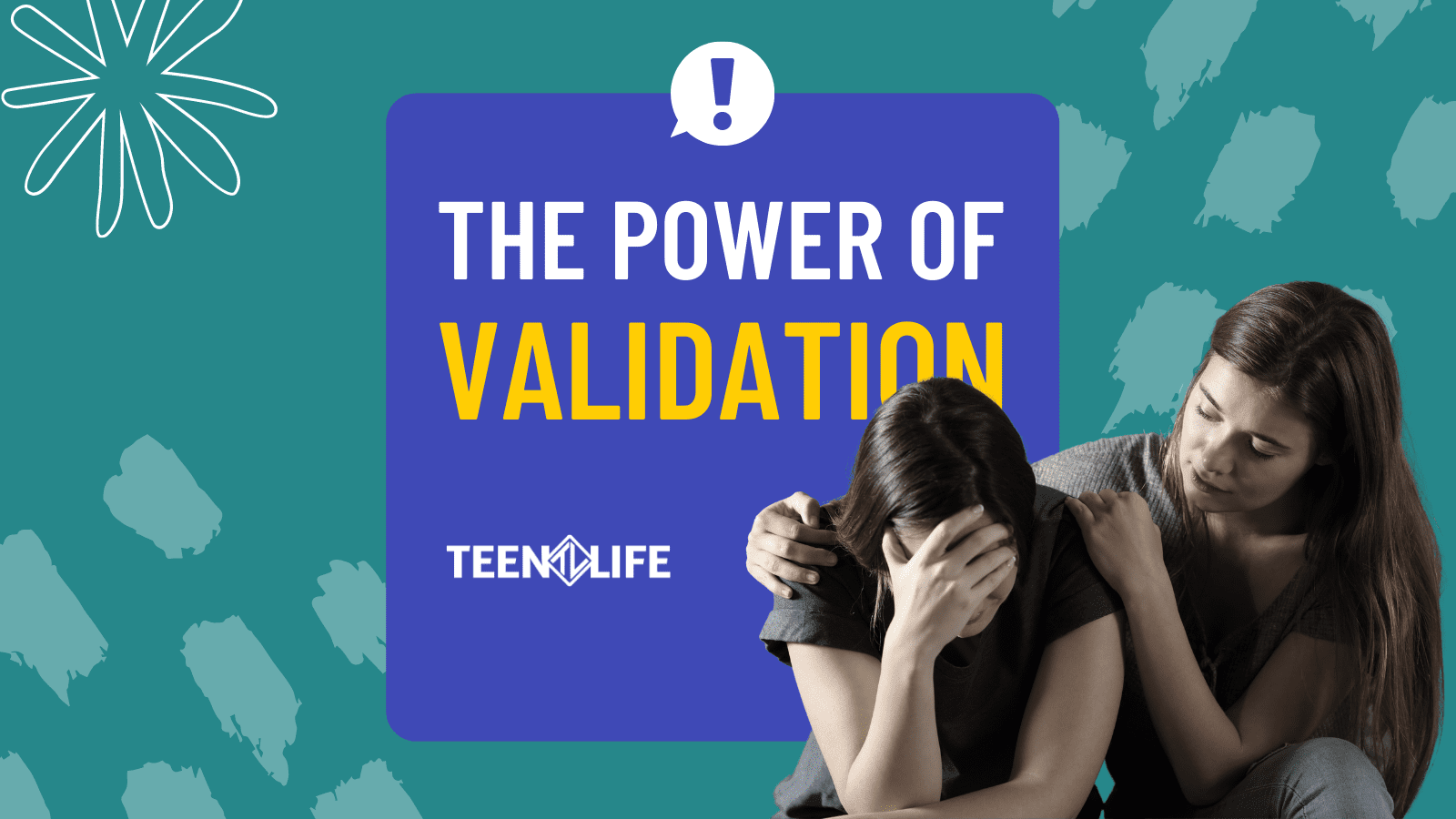
How to Help Teenagers Make Good Choices
How do you help teenagers make good choices? It starts small.
When it comes to making a decision, many people would rather not. There is always inherent risk when it comes to choosing a path, no matter how grandiose or miniscule. You could easily choose the wrong path, then potentially face ridicule from the 20/20 vision of future observers.
I am a reluctant decision maker. Usually, I am the one called upon to choose where the group eats or to choose the focus or direction of a conversation within a new group. I likely appear comfortable with the task, but inside I can be riddled with doubt and anxiety. Usually I’ll make the choice because no one else will. But it would be untrue to say that I am the one who wants to decide because I always think I’ll make the right choice.
Yet, to grow and lead in this world, we have to find a way to make choices and to hopefully make good choices.
We are often hesitant to make any choice – why is that?
I come from a faith background that talks a lot about finding God’s will for our lives. You hear about “waiting for God to speak” and trying to discern what God is desiring for one’s life choices. Often you will find this language peppered throughout sermons and private prayer lives – hoping God will rescue us from having to make the tough choices.
You see it in the second guessing of people who do have to make hard choices. I think this is why politicians are so maligned. While I’m not saying they are always virtuous or faultless in how they make choices, they have to make hard decisions on law, budgets, and policy. It is their job to choose a direction and stick with it, no matter the criticism or shift in public opinion.
Most of the criticism for those who make hard decisions comes from those who do not have to make those choices. There is an entire cottage industry of political pundits and newspaper columnists who exist solely to critique or criticize decisions other people make, without really having to make any of their own (at least of equal consequence).
Stack that on top of the advent of social media where everyone can say anything about anyone, anytime and you find a recipe for a populous who has very little vested stake in any kind of meaningful decision making.
I think we learn how to make decisions and hard choices earlier in life than we realize.
Despite growing awareness around mental health, there remains a stigma associated with therapy. Many teens and parents hesitate to seek therapeutic help due to fears of judgment or labeling. Support groups, on the other hand, are perceived differently. They are seen as peer-driven and less formal, making it easier for teens to participate without feeling stigmatized.
If you were raised in a house where there were very few consequences, or overly harsh consequences for your choices and actions, likely you could struggle making hard choices. Or if the opportunity to fail was taken from you and all you have ever known is success, then you could struggle to make decisions as well.
Deciders will inevitably make the wrong choice. But someone who is adept at making these choices is willing to live with the consequences of making the wrong choice. They take ownership in the process and know they made the best possible decision with the information available.
Friends, we have to help teenagers make choices and informed decisions.
And, I think this is where we start. So often we want teenagers to make “good” or “better” choices, but often they aren’t making many choices to begin with. I understand the logic behind the idea of “not making a choice – that is a choice,” but I’m speaking of proactive, informed, and future-thinking choices.
Consider these things to help students feel confident enough to make good choices:
- Start with the small stuff. We don’t get the big, important choices right until we can practice with the small stuff. Encourage students to engage in decision-making throughout their day in a way that they can point back to.
- Encourage them to choose one “hard” decision a day. Something like eating a salad instead of a burger, or choosing to exercise instead of watching TV. Learning to make the harder, but better choice builds up the confidence to make the right choices in the long run.
- Help them take ownership of their choices. So if things unravel and blow up after a decision, they can look you in the eye and tell you why they did it, why it failed, and what they plan to do in the future that might be different. Failure is not a bad thing. Failure is something to learn from, but you have to take ownership to begin with.
Imagine a world where teenagers start to make good choices based on good information, support from their parents and peers, and ownership of their failures and successes. I believe we would see a drop in crime and drug use, and an increase in community, church engagement, and school involvement. And, I think we can agree we would all like to see these things!
What do you think about this? Do you have other ideas for how to help teenagers make good choices?

Chris Robey
Former CEO
Chris Robey | Former CEO
Chris has spent most of his career empowering teenagers from all backgrounds. As the former leader of Teen Life, he is passionate about helping students make good choices while also giving adults the tools they need to communicate more effectively with teens. Chris is a graduate of Midwestern State University and holds a Master’s Degree in Family Life Education from Lubbock Christian University.


